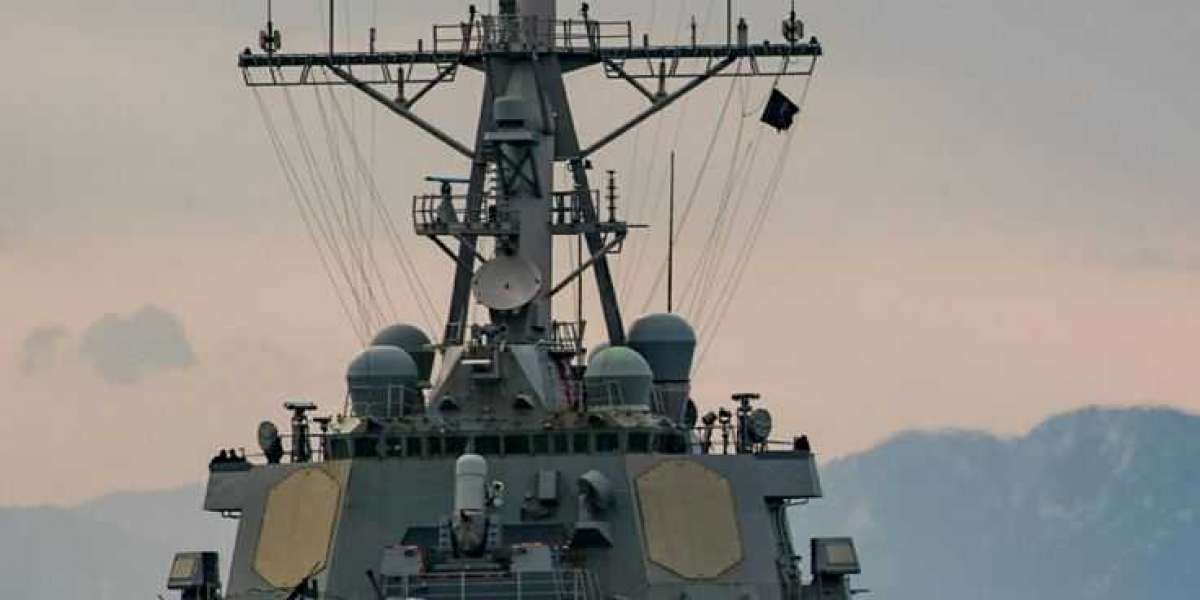When history recounts corruption scandals within the armed forces, few stories resonate with such intrigue, betrayal, and ethical collapse as the Fat Leonard Scandal case study. At the heart of the controversy was Leonard Glenn Francis, a Malaysian defense contractor known by his nickname “Fat Leonard,” who masterminded a massive bribery scheme that ensnared dozens of U.S. Navy officers. What began as a trusted business relationship evolved into a dark web of bribery, fraud, and espionage that shook the very foundations of the Navy’s integrity.
The Fat Leonard Scandal is not just a story of greed; it is a cautionary tale of how systemic vulnerabilities, unchecked power, and a culture of silence can cripple even the strongest institutions.
The Rise of Leonard Glenn Francis
Leonard Glenn Francis, nicknamed "Fat Leonard" due to his imposing stature, was the CEO of Glenn Defense Marine Asia (GDMA), a logistics firm contracted to provide port services for the U.S. Navy across Asia. He built his empire by offering fuel, tugboats, and waste disposal services to Navy ships.
But behind the façade of legitimate business operations, Francis orchestrated a carefully planned network of bribes, gifts, and illicit favors to manipulate Navy officials into steering contracts his way. His tactics included:
Lavish hotel stays in five-star resorts.
First-class air tickets for officers and their families.
Luxury items including watches, designer handbags, and jewelry.
Prostitution and extravagant parties in ports like Singapore, Kuala Lumpur, and Manila.
The Fat Leonard Scandal case study reveals how Francis exploited both human weaknesses and bureaucratic gaps to gain unparalleled access to Navy operations.
How the Scandal Unfolded
At its core, the scandal was a classic case of quid pro quo. Navy officers provided Francis with sensitive operational details, including ship schedules and classified movements, in exchange for extravagant favors. This enabled GDMA to overbill the U.S. government for services, often charging double or triple the actual costs.
For years, Francis’s fraudulent empire thrived because:
Lack of Oversight – The Navy’s auditing and monitoring processes failed to identify inflated billing.
Culture of Silence – Officers who knew of the misconduct often remained silent out of fear of retaliation or loss of personal perks.
Charm and Influence – Francis’s charisma and networking allowed him to develop close personal ties with senior officers, shielding him from suspicion.
The scandal finally unraveled in 2013, when U.S. federal agents arrested Francis in San Diego. Investigations revealed that more than 60 Navy officers were implicated, with many charged or disciplined for their involvement.
Fallout and Consequences
The Fat Leonard Scandal case study exposes the ripple effects of corruption in national security. The fallout was immense:
Resignations Convictions: Several admirals, captains, and commanders faced criminal charges, resignations, or dishonorable discharges.
Financial Losses: The U.S. Navy incurred hundreds of millions in fraudulent overbilling.
Reputation Damage: The credibility of the Navy suffered globally, with questions raised about its internal ethics and operational security.
Operational Risks: By leaking sensitive ship movements, Francis not only defrauded the Navy but also potentially endangered national security.
In 2022, Francis escaped house arrest in the U.S. but was later captured in Venezuela, adding yet another dramatic twist to the saga.
Ethical Lessons from the Fat Leonard Scandal
The scandal serves as a powerful case study in ethics and accountability. Key takeaways include:
Transparency in Procurement – Military contracts must be scrutinized with robust auditing and independent oversight.
Whistleblower Protection – Officers who raise concerns should be protected and encouraged to prevent systemic corruption.
Ethics Training – Naval officers must undergo regular training to resist temptations of bribery and uphold professional integrity.
Checks and Balances – Concentrated power without accountability creates fertile ground for corruption.
Culture of Integrity – Beyond rules, an organizational culture that values honesty and discipline is essential for safeguarding trust.
Why This Case Still Matters
The Fat Leonard Scandal case study is not just a chapter in U.S. Navy history—it is a mirror reflecting the vulnerabilities of all large institutions. Whether in military, corporate, or governmental organizations, unchecked greed and weak oversight can erode trust and endanger missions.
For future leaders, the scandal is a reminder that ethical decision-making is not optional—it is foundational to sustainable leadership.
Conclusion
The Fat Leonard Scandal case study highlights how corruption, if left unchecked, can undermine even the most disciplined organizations in the world. While the U.S. Navy continues to recover from the scandal’s aftermath, the lessons remain relevant for every institution grappling with ethics, accountability, and transparency.
Ultimately, this case forces us to ask: How do we build organizations strong enough to resist the temptations of power and greed? The answer lies in vigilance, accountability, and a relentless commitment to integrity.








